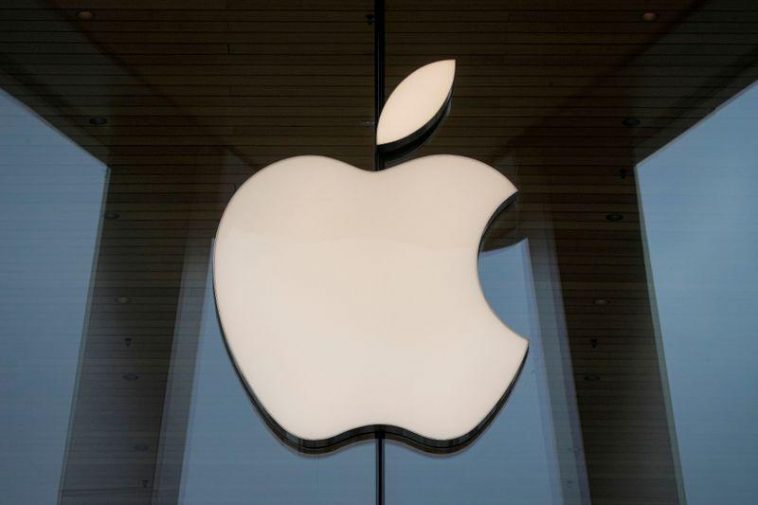South Africa’s Film and Publication Board (FPB) has formally challenged Apple, issuing a compliance notice over its alleged failure to pay required fees and register as a content distributor. During a recent Parliamentary Portfolio Committee on Communications meeting, Acting FPB CEO Makhosazana Lindhorst highlighted Apple’s non-compliance, emphasizing the financial strain it has placed on the agency. Lindhorst also hinted that geoblocking could be considered as a measure against services failing to meet compliance requirements.
“We are exploring the issue, and that is where we actually need support — to find out how we can block and if it is possible,” Acting FPB CEO Makhosazana Lindhorst told the committee. She further stated, “If you’re not complying, we just click, and you can’t distribute your content in South Africa.”
While this remains a theoretical possibility, the FPB’s position underscores its determination to enforce compliance from digital platforms operating within its jurisdiction. The agency’s mandate involves classifying and imposing age restrictions on films, TV shows, and games distributed in South Africa.
After initially resisting the FPB’s demands, Apple has recently indicated a shift in its stance. According to Lindhorst, the company, through its legal representatives, has expressed its intention to meet the board’s requirements. This includes settling outstanding fees and fulfilling the registration obligations necessary to operate as a content distributor.
Apple’s operations in South Africa currently include the Apple TV app, which provides movies and TV shows for rent or purchase, as well as its subscription-based streaming service, Apple TV+. The App Store also plays a significant role as a distribution platform for video games.
The exact scope of Apple’s non-compliance remains uncertain, raising questions about whether it pertains solely to its video content or also extends to games available through its platform.
The FPB’s proactive measures against Apple reflect a broader effort in South Africa to ensure digital platforms adhere to local laws. This case highlights the challenges and potential risks international tech companies face when operating in regions with stringent regulatory frameworks.
The situation also brings to light broader concerns about how African regulators can enforce compliance from global companies without compromising access to services that many consumers depend on. If geoblocking or similar strategies are implemented, it could establish a precedent for regulatory enforcement across the continent.
South Africa has been steadily advancing its regulatory framework for digital platforms. For example, the FPB’s draft rules proposed in 2023 aimed to combat harmful online content, such as hate speech and child exploitation.
In addition, the Independent Communications Authority of South Africa (ICASA) has been leading efforts to enhance digital oversight through initiatives like the ICT & Media Regulators Forum. This platform seeks to harmonize enforcement strategies across the digital landscape, promoting a unified approach to regulation.
Efforts such as ICASA’s reforms are paving the way for African nations to assert stronger regulatory authority, prioritizing the protection of local markets and consumers. For global companies like Apple, these developments highlight the importance of proactive engagement with regulators to ensure compliance with local laws and avoid potential disruptions to their operations.



